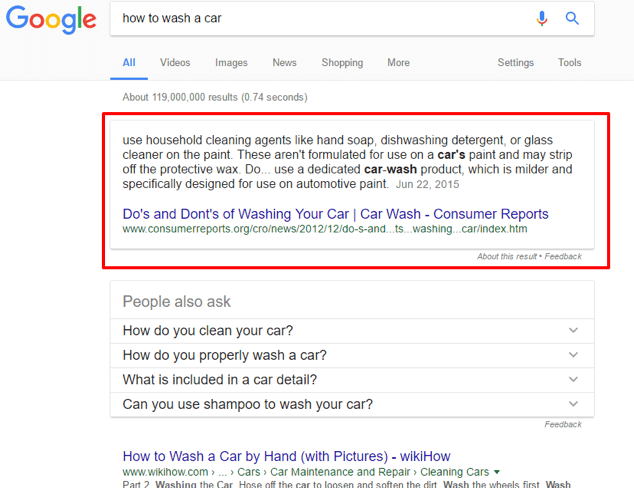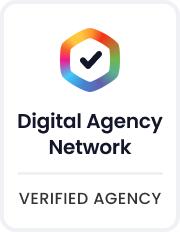Overall state of affairs
It’s clear that we’re experiencing a generative tech revolution. As anyone following along has witnessed, generative AI has the ability to transform the way we, as marketers and technologists, approach everything from production to programming.
Like any foundational technological shift, such as the smartphone revolution of 2007, use cases for generative AI are multiplying, seemingly every day. Today’s obvious applications will quickly be overshadowed by new, novel uses as the underlying large language models (LLMs) continue to evolve and embedded-AI products continue to grow.
In fact, this article will likely soon be out of date.
As with any revolution, hindsight plays a key role in determining technology's effects on business and society. For example, when the iPhone first launched, few predicted it would completely eliminate the use for point and shoot cameras for nearly everyone but avid photographers.
To be sure, generative AI is not without its limitations. It’s widely known that it sometimes “hallucinates facts” and does not have a firm or accurate grasp on events occurring past its data cut-off (September 2021).
As we here at Dune7 continue to absorb, utilize, and comment on generative AI products like chatGPT, we wanted to summarize our thoughts on what’s to come in the short-term as it relates to our work, focused on organic marketing.

AI, search engines, and SEO
First, let’s clear up a couple things around content produced by generative AI and search engines. Google recently clarified its stance on AI-produced content and the effects on indexing and page rank.
The tldr; Google rewards high quality, relevant content no matter how it’s produced.
Does this mean that chatGPT is the answer for all of your content production needs?
Absolutely not.
It all comes back to E-E-A-T. If you’re a Dune7 client, you’re probably tired of hearing us talk about this acronym short for Expertise, Experience, Authority, Trust. We use many frameworks when creating content strategies for clients, but E-E-A-T is the foundation for them all.
The basic tenets of E-A-A-T dictate that content be unique, thorough, and show domain expertise. Put into practice, this means demonstrating mastery on a topic through content breadth and depth, which in many cases, cannot be accomplished through a simple chatGPT prompt.
Google has always stayed one step ahead of those trying to cheat the system. That’s why it’s no longer enough to have a high volume of backlinks alone. Google’s algorithm has evolved to stop link spammers and sites acquiring junk links as a means towards climbing SERPs (search engine result pages).
There are no shortcuts to establishing “good SEO.” An old adage in SEO says that if it seems too easy, it probably goes against Google’s guidelines. Those looking to take advantage and replace content that is helpful, trustworthy, and informative with inaccurate, spun content from a generative AI tool, will likely fall short of their goals.
Meanwhile, over at Bing, the search experience was recently overhauled to integrate generative-AI (remember, Microsoft’s $10 billion investment into OpenAI, the company operating chatGPT).
Some were quick to jump to conclusions that this would finally result in a substantial shift in share of search between the major search engines.
As shown below, this has yet to come to fruition.

Still, others predicted that Bing’s search interface innovation would mean the death of SEO. After all, what good is clicking through to a website when you can get a search query answered directly on the search engine result page?
But, keep in mind that Google itself has long surfaced quick answers to commonly asked questions directly on SERPs. SEO’s call this “position 0” and it looks something like this:

While AI will certainly accelerate the democratization of search, we don’t see this as hugely disruptive to the SEO efforts of our clients specifically.
How we’re leveraging AI at Dune7
Ever since we founded the agency, Dune7 has been leveraging different AI platforms to work more effectively and efficiently. For example, we use tools to crawl vast amounts of copy and data to determine page structure, keyword usage, and other on-page SEO technical specifications.
We received early access to chatGPT premium, and are actively testing the newest version, GPT-4. Before drafting a landing page or blog post, our copywriters sometimes use AI as an assistant in generating outlines, reducing writer’s block and cutting down on content delivery timelines.
On the technical SEO side, necessary but repetitive tasks such as generating metadata (title tags, meta descriptions, alt text, etc) are the perfect task for generative AI.
But, tech adoption is always balanced by a quality assurance process led by a subject matter expert (of the human form) to ensure we don’t lose sight of the fundamentals around E-E-A-T.
No matter what agencies say about generative AI and how they are productizing it, words are only as good as the strategy and insights that come before it. That’s why, as a digital strategy shop, we feel Dune7 remains in a strong position to outperform the industry standard.
It’s been said before that generative AI is moving towards commoditization, and we would agree. The winners will be the ones that can embed it best into their business. If anything, this commoditization means customers will be hungrier than ever for authoritative content.



No comments.